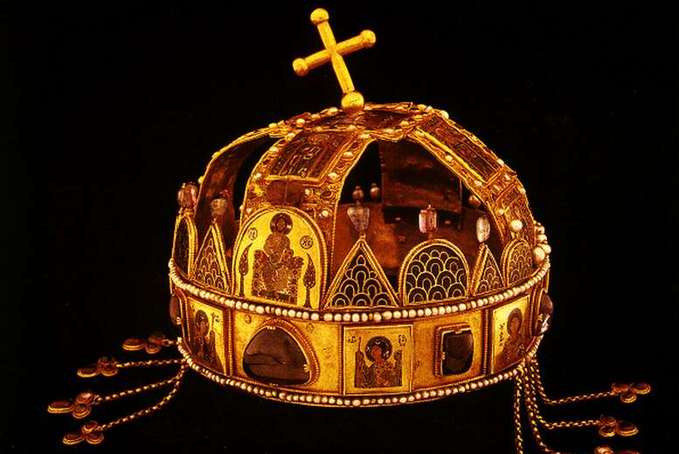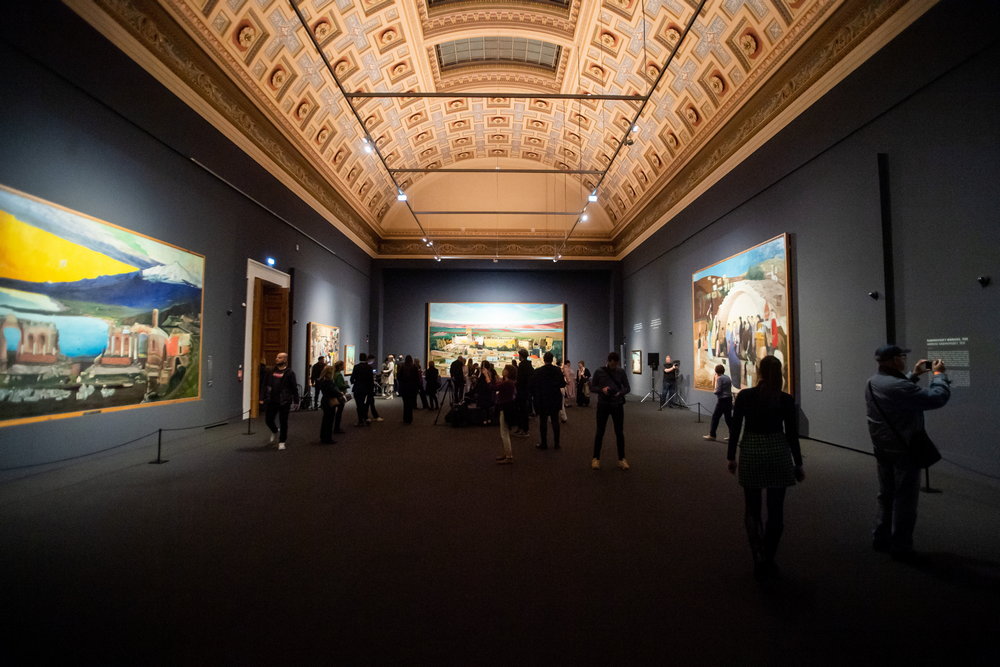The person of Béla Varga is particularly important - he is also a member of the temporary head of state body, the National High Council - whom Mindszenty previously hid from the archers.
He became the president of the National Assembly of the First Hungarian Republic (despite his legitimist past, he was one of the protagonists of the republic's coercive episode, and his emigration was evidence of failure), who handed over his "mandate" to the Hungarian Parliament in 1990, thereby aiming for a certain "republican continuity" at home between 1946 and year of bloodless transition, between 1989.
Here are the two letters of historical importance:
"Mr. Prime Minister!
Although I have not received official information about this so far, but because the news has a strong hold in serious places, I am forced to comment on it and, if it is true, raise a warning against the plan for a serious reason.
I understand that the National Assembly intends to put constitutional reforms on the agenda in the near future, including the introduction of a republic with the plan to abolish the thousand-year-old Hungarian kingdom.
If this news corresponds to reality, even if I have not received official information about it, I am warning against these plans from the position of public law, which has been practiced constantly by the Hungarian primates for more than 900 years.
I do not dare to assume that external pressure prevails in this direction; if it does, I solemnly protest against it as an unauthorized interference in the internal affairs of the country.
If some internal factors force this issue, then these serious arguments must be pointed out against the forcers.
- since October 15, quite a lot has already happened against the ancient constitution of the country; it's a shame for the Hungarian people to continue the journey that the Szálasi started with ease and lightheartedness and to end the sad process so far with this step. Stalin made it a basic principle for the reconstruction of Soviet cities that every city should be approached as a historically formed organism. The thousand-year-old Hungarian constitution also deserves this much attention from serious Hungarians in the knowledge that such a change does not suit the mentality of the Hungarian people. It is a big mistake to think that by taking a single step forward the cause of the country and our people or securing external goodwill is a big mistake.
This question is beyond timely today. It would be more timely to restore the desperate economic, public, financial and moral life of the country, to save the perishing prisoners of war and the refugees who are dying in the West, the persecuted at home, to banish the hatred and unlove from the life of the Hungarian people, which is flying to the skies, to alleviate the immeasurable Hungarian suffering here, and stopping the Hungarian pursuit of a hundred thousand men beyond the Trianon borders. In contrast to all this, the republic is not a medicine, not a help, and can even increase the existing problems and cause further disturbances, stopping healing, as in 1918.
Then, when these tormenting questions are resolved either by ourselves or by time, we will have the opportunity to deal with constitutional questions that are not at all pressing. In contrast to the difficult work of construction, we should not give priority to the sanctified value of the past, which is by no means constructive.
It is all the less possible to do this, because it is specifically appropriate, and in fact, our people should be asked about it. During the election, there was no mention of this in front of the electorate. Our prisoners of war, our Western refugees, and our fellow citizens with limited freedom, a total of about two million people, i.e. 1/4 of our population, were excluded from dealing with such an important issue.
Our people would see selfless momentum in reconstruction, less so in these reforms.
For a thousand years, the nation always reached out to the delicate building of our constitution when there were no other unsettled issues inside or outside. when I was lucky enough to meet the Prime Minister and Mr. Béla Varga, a member of the National High Council, on November 16 of this year
In the hope that the Prime Minister will stick to our common position, I am with sincere, patriotic respect for the Prime Minister
Esztergom, December 31, 1945.
József Mindszenty (signature with his own hand) Cardinal Prince-Primate Archbishop of Esztergom"
The second letter:
"Mr. Prime Minister! President of the National Assembly!
In relation to the draft law submitted on the subject of the form of government, according to my public law position, and thus as a matter of duty, I state that its discussion took place under foreign occupation without consulting the Hungarian people, with restrictions on the freedom of speech of the representatives; As a result, the nation thinks and judges what happened by taking them into account.
When I have the pleasure of informing the Prime Minister and Speaker of the National Assembly of my findings, please accept my patriotic respect.
Esztergom, February 1, 1946.
József Mindszenty , Duke Primate Archbishop of Esztergom"
Author: Zsolt Zétényi












